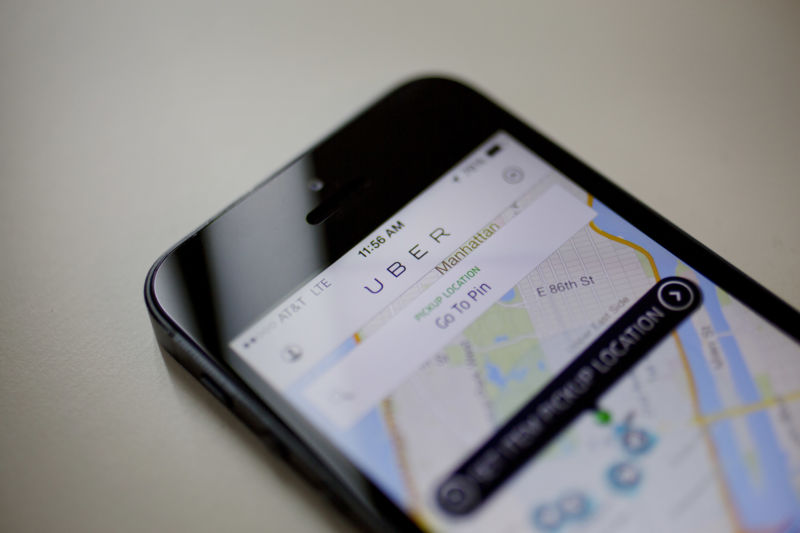Startups that rely on contract labor will benefit from new NLRB ruling

Last week, the National Labor Relations Board issued a ruling that could be helpful to several tech companies that rely on contracted labor, like Uber, Lyft, and DoorDash, among others.
On January 25, the NLRB ruled in a 3-1 decision that SuperShuttle operators in the Dallas-Fort Worth area are, in fact, properly classified as independent contractors rather than employees. The case overturns an Obama-era NLRB decision in a case known as FedEx Home Delivery.
The NLRB decision finding that these drivers are actually contractors means they are not bound by the National Labor Relations Act, a landmark law that describes the right to unionize, collectively bargain, and strike. By minimizing their number of employees, Lyft, Uber, and many other similar companies save millions annually in costs they would otherwise have to pay out, including health insurance, retirement, unemployment, and more.
However, labor law experts say that while this NLRB decision is probably somewhat beneficial to such gig-economy startups, it’s not a panacea.
“The impact will be limited to unionizing efforts,” Michael LeRoy, a law professor at the University of Illinois, emailed Ars. “Even at that, some of the ride-share unionization is taking place under state or local transportation laws.”
LeRoy pointed out that Uber and other firms “face stiff headwinds” under California’s recent Dynamex ruling, which makes it more difficult for companies to unilaterally declare that workers are contractors over employees.
“This change was expected, given the change in administration,” echoed Shannon Liss-Riordan, a Boston-based lawyer who has brought a number of such cases on behalf of gig-economy workers. “It doesn’t have any effect on state-law claims, which our cases have been brought under.”
Meanwhile, Oakland-based lawyer Byron Goldstein told Ars that because of last year’s Supreme Court decision (Epic Systems v. Lewis)—which made private arbitration agreements stronger—collective action is still an uphill battle for most workers. (Goldstein has also represented plaintiffs suing such companies.)
“Companies will continue to force their workers into the ‘contractor’ model and into individual, private arbitration until Congress passes legislation prohibiting forced individual arbitration,” he emailed.
https://arstechnica.com/?p=1447503